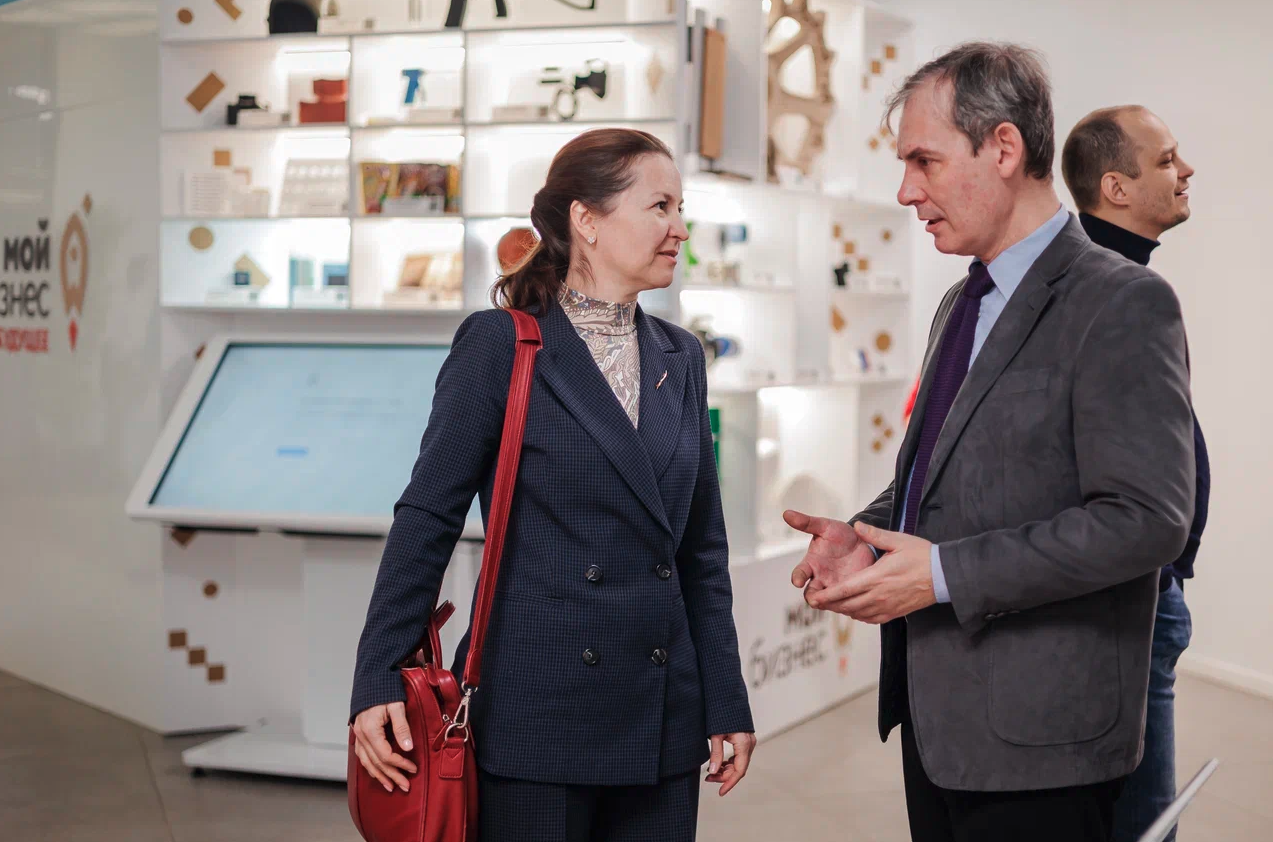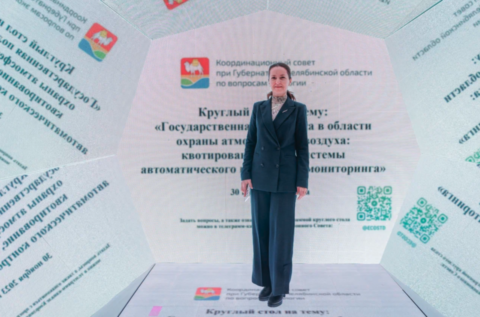The Coordination Council on Environmental Issues under the Governor of the Chelyabinsk Region headed by Rashid Ismailov, with the participation of the Minister of Ecology Sergei Likhachev, held a round table with representatives of industrial enterprises on the implementation of the main directions of state policy in atmospheric air protection, at which they discussed the most pressing issues and agreed on coordination arrangements.
The venue for the official event was the GREENPLEX business centre, where over 100 participants from more than 50 medium-sized and large enterprises gathered to discuss the most pressing issues on the environmental agenda. The attendees included metallurgists, manufacturers of building materials, mechanical engineers, representatives of mining and metallurgical, paint-and-varnish industries, as well as representatives of the academic community, design organizations and suppliers of automatic monitoring devices.
The participants were welcomed by the head of the Russian Ecological Society and the Coordination Council on Environmental Issues under the Governor of the Chelyabinsk Region, Chairman of the Public Expert Council for the Ecology national project Rashid Ismailov and the Minister of Ecology of the Chelyabinsk Region Sergei Likhachev.
Entrepreneurs and government officials discussed the progress of the experiment on quotas for emissions of pollutants, legal requirements for obtaining comprehensive environmental permits, and automatic control and monitoring systems.
"Such format of meetings is in demand among participants in the environmental agenda. An open and professional dialogue between government and business, with expert support, ensures trust in regional politics. I am glad that our Governor’s Coordination Council on Environmental Issues provides such dialogue platforms in the South Ural region," Rashid Ismailov noted the importance of openness of environmental data from a political point of view.

The discussion was sparked by a report on "Neural Networks in the Service of Ecology − Can Artificial Intelligence Perform the Functions of an Automatic Monitoring System?" by Director of the Institute of Natural Sciences and Mathematics of South Ural State University Alena Zamyshlyaeva. SUSU scientists presented their developments in creating an alternative system for monitoring enterprise emissions − a predictive emission monitoring system (PEMS). Such systems are a kind of digital sensor, which, receiving input data from process sensors, environmental parameters and raw material parameters, carries out, firstly, data validation and, secondly, produces emissions data in real time, using the constructed mathematical models. Because of their advantages over instrumented control means, such systems will allow emissions to be monitored from a wider range of sources.
"Today it is obvious that the installation of emission monitoring systems at enterprises is only the first step towards a comprehensive system for monitoring the quality of atmospheric air in the city. An integrated monitoring system makes it possible to control the technological process and provides an understanding of how each specific technological parameter of the enterprise affects air quality. Also using the Ecomonitor operational monitoring system for the dispersion of pollutants across the territory, based on emissions data from the PEMS system, the enterprise will be able to control the environmental situation in the sanitary protection zone. Thus, the PEMS system will allow the enterprise to control its negative impact on the environment through technological process control," noted Alena Zamyshlyaeva.
The work is being carried out within the framework of strategic project No. 3 "Eco-environment of Post-industrial Agglomerations".




